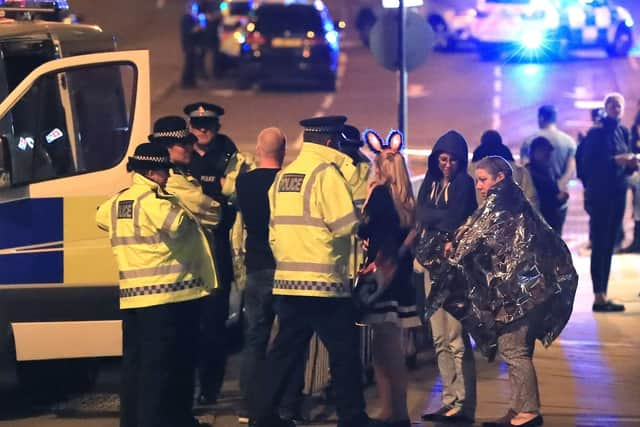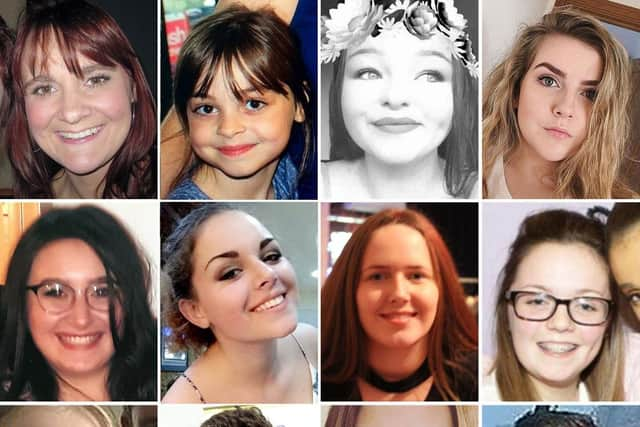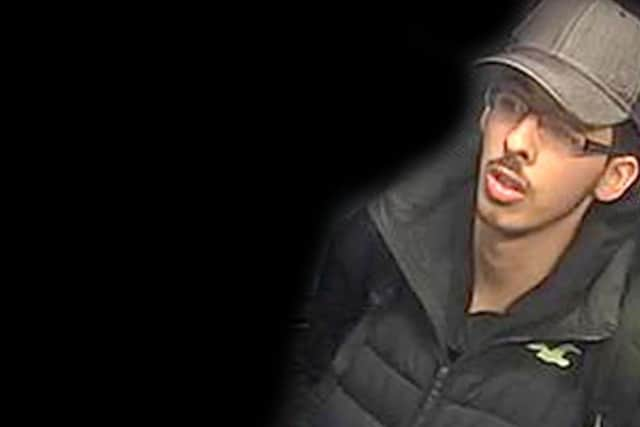M15 expresses ‘deep and profound’ regret over Manchester Arena bombing as public inquiry ends
and live on Freeview channel 276
Lawyers for the security services said it was of "deep and profound" regret that suicide bomber Salman Abedi had been able to carry out his plot at the end of an Ariana Grande concert on May 22, 2017.
Jane Tweddle, 51, Georgina Callander, 18, Michelle Kiss, 45, and Saffie Roussos, eight - all from Lancashire - were all killed in the attack.
Advertisement
Hide AdAdvertisement
Hide AdThe public inquiry has now adjourned and its chairman Sir John Saunders will write reports covering whether the attack could or should have been prevented, the planning and preparation by the bomb plotters, Salman and his brother Hashem, and the radicalisation of the terrorist, born and raised in Manchester.


He is expected to publish his reports later this year following the 196 days of the public hearing, which began in September 2020 and finished yesterday.
In final submissions, Cathryn McGahey QC, representing the Home Office, told the inquiry chairman that MI5 was determined to do everything it could to protect the public from future atrocities.
The inquiry heard Salman had been allowed to visit convicted terrorist Abdalraouf Abdallah.


Advertisement
Hide AdAdvertisement
Hide AdBut Ms McGahey said the contact with Abdallah did not lead to Abedi's radicalisation and there was "no evidence" Abdallah played any part in planning the attack.
Lawyers for the families have highlighted the information coming into the security services about Abedi and the fact that he was opened as a "subject of interest" (SOI) by MI5, before his case was closed four months later in July 2014.
He had been flagged at different times associating with eight other SOIs and had expressed extremist views.
He also travelled to war-torn Libya, where so-called Islamic State and al Qaida had training camps.


Advertisement
Hide AdAdvertisement
Hide AdIt is claimed MI5 and counter terror police failed to "join the dots".
But Ms McGahey said in 2017, Abedi was just one of 20,000 closed SOIs.
MI5 was also running 500 live investigations and had 3,000 open SOIs to look at.
Ms McGahey said MI5 had an "imperative of prioritisation" but denied a lack of resources played any part in decisions on Abedi.
